Annotation for the working programs of the subject "Origins"
Course Title
Origins
Grade
5-9 FGOS
Number of Hours
170
Educational Methodical Complex
Sample program on "Origins" by A.V. Kamkin, I.A. Kuzmin
Textbooks
A.V. Kamkin "Origins" Grade 5, A.V. Kamkin "Origins" Grade 6, A.V. Kamkin "Origins" Grade 7, A.V. Kamkin "Origins" Grade 8, A.V. Kamkin "Origins" Grade 9
Course Goals and Objectives
The goal of the "Origins" course is for students to master the system of leading value orientations of domestic civilization, joining the stable "core", "code", and meanings of native culture.
Development of the student's internal, spiritual world in order to realize themselves as active subjects of preserving and enhancing the spiritual-moral and socio-cultural experience of the Fatherland.
In terms of personal development, the "Origins" course aims to define the student's own views on serving the Fatherland, fostering qualities of patriotism, civic responsibility, and a stable, selfless attachment to the Fatherland, the small Homeland, family, and compatriots. The course also aims to orient students towards the basic spiritual and moral values of Russian culture and, on this basis, contribute to the formation of their own life stance.
In terms of student socialization, the "Origins" course aims to determine and develop their orientation in the modern socio-cultural environment, in the national spiritual and cultural heritage, and contribute to the formation of their civic and cultural identity. By raising worthy representatives of their culture, who know, feel, and accept its ideals and values, the course also creates conditions for the development of students' cooperation skills in a modern multi-ethnic and multicultural society, promoting social consolidation and the stability of Russian society.
Program Structure
Explanatory Note
-
Course goals and objectives
-
General characteristics of the course
Definition of the place of the course in the curriculum
Personal, meta-subject, and subject-specific learning outcomes
Course content
Curriculum Plan
Criteria and standards for assessing students' knowledge, skills, and abilities
Description of material-technical, educational-methodical, and informational support for the educational process
Control and assessment tools
Course Title
Origins
Grade
5-9 FGOS
Number of Hours
170
Educational Methodical Complex
Sample program on "Origins" by A.V. Kamkin, I.A. Kuzmin
Textbooks
A.V. Kamkin "Origins" Grade 5, A.V. Kamkin "Origins" Grade 6, A.V. Kamkin "Origins" Grade 7, A.V. Kamkin "Origins" Grade 8, A.V. Kamkin "Origins" Grade 9
Course Goals and Objectives
The goal of the "Origins" course is to help students master the system of leading value orientations of domestic civilization, joining the stable "core", "code", and meanings of native culture. The course is focused on developing the internal, spiritual world of the student in order to realize themselves as active participants in the preservation and development of the spiritual-moral and socio-cultural experience of the Fatherland.
Objectives:
-
Developmental:
-
Development of the student’s internal, spiritual world to understand themselves as active subjects of preserving and enhancing socio-cultural experience;
-
Fostering cognitive interests, intellectual and creative abilities, spiritual and moral values, and the independent acquisition of new knowledge.
-
Educational:
-
Fostering love for one's country, effective collaboration skills, integrating education and upbringing into a unified educational process based on the values of national culture.
-
Teaching:
-
Accumulating socio-cultural experience;
-
Forming civic responsibility and fostering an understanding among students, their parents, and teachers of the spiritual meaning of serving the Fatherland.
Program Structure
Explanatory Note
-
Course goals and objectives
-
General characteristics of the course
Definition of the place of the course in the curriculum
Course content
Curriculum Plan
Criteria and standards for assessing students' knowledge, skills, and abilities
Description of material-technical, educational-methodical, and informational support for the educational process
Control and assessment tools
Recommended Offer Form for Individuals
Regulations on the Pedagogical Council of Secondary School No. 2, Makaryev
Banking Details and Document Copying Fees of Central Suburban Passenger Company
Banking and Legal Details of the Krasnoyarsk Regional State Center of Folk Art (GTSNT) for Paid Services and Government-Subsidized Contracts

 Deutsch
Deutsch
 Francais
Francais
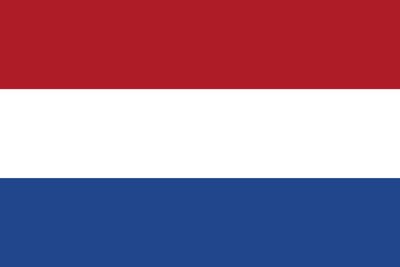 Nederlands
Nederlands
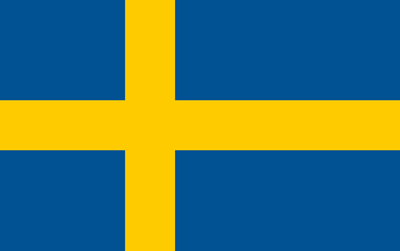 Svenska
Svenska
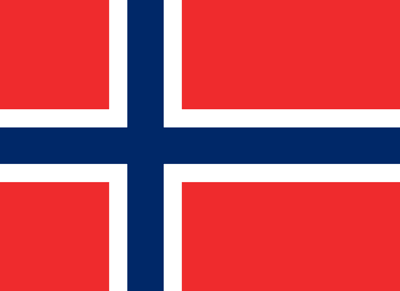 Norsk
Norsk
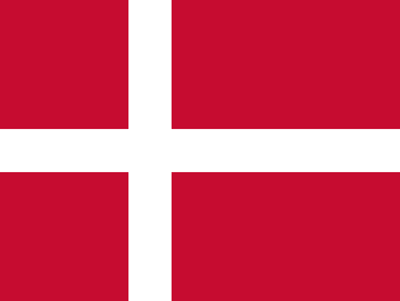 Dansk
Dansk
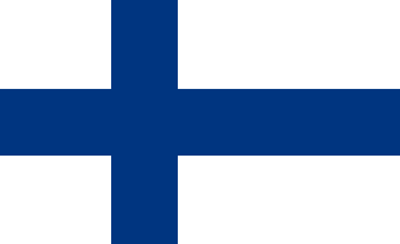 Suomi
Suomi
 Espanol
Espanol
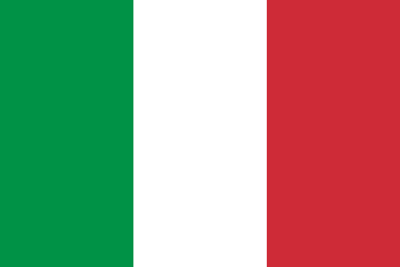 Italiano
Italiano
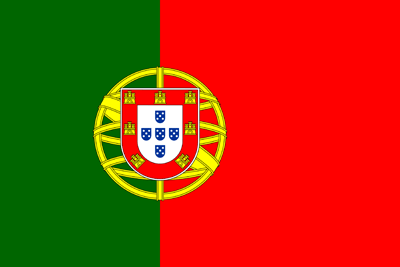 Portugues
Portugues
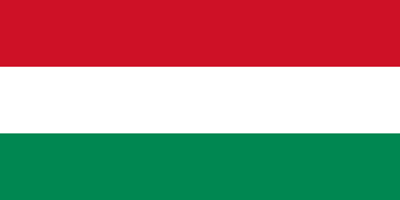 Magyar
Magyar
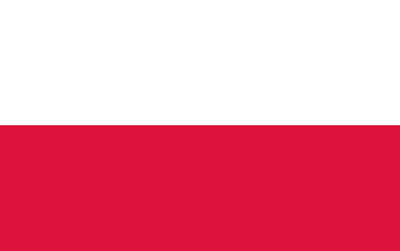 Polski
Polski
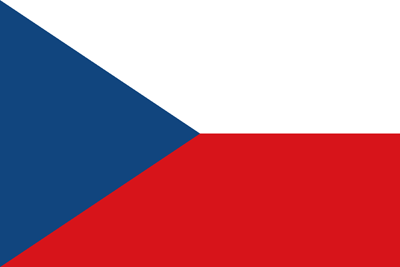 Cestina
Cestina
 Русский
Русский